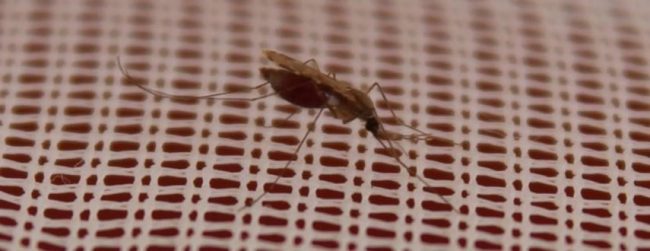Bill and Melinda Gates Foundation project 2 : developing field-deployable RT-PCR for vector surveillance
In malaria vector control surveillance, data concerning many important indicators can only be collected via laboratory-based molecular tests (i.e., species confirmation of species complexes, molecular mechanisms of resistance, Plasmodium infectivity). At present, transporting mosquitoes to laboratories for testing is a major rate-limiting step that can lead to months-long delays in receiving data, especially if there…



